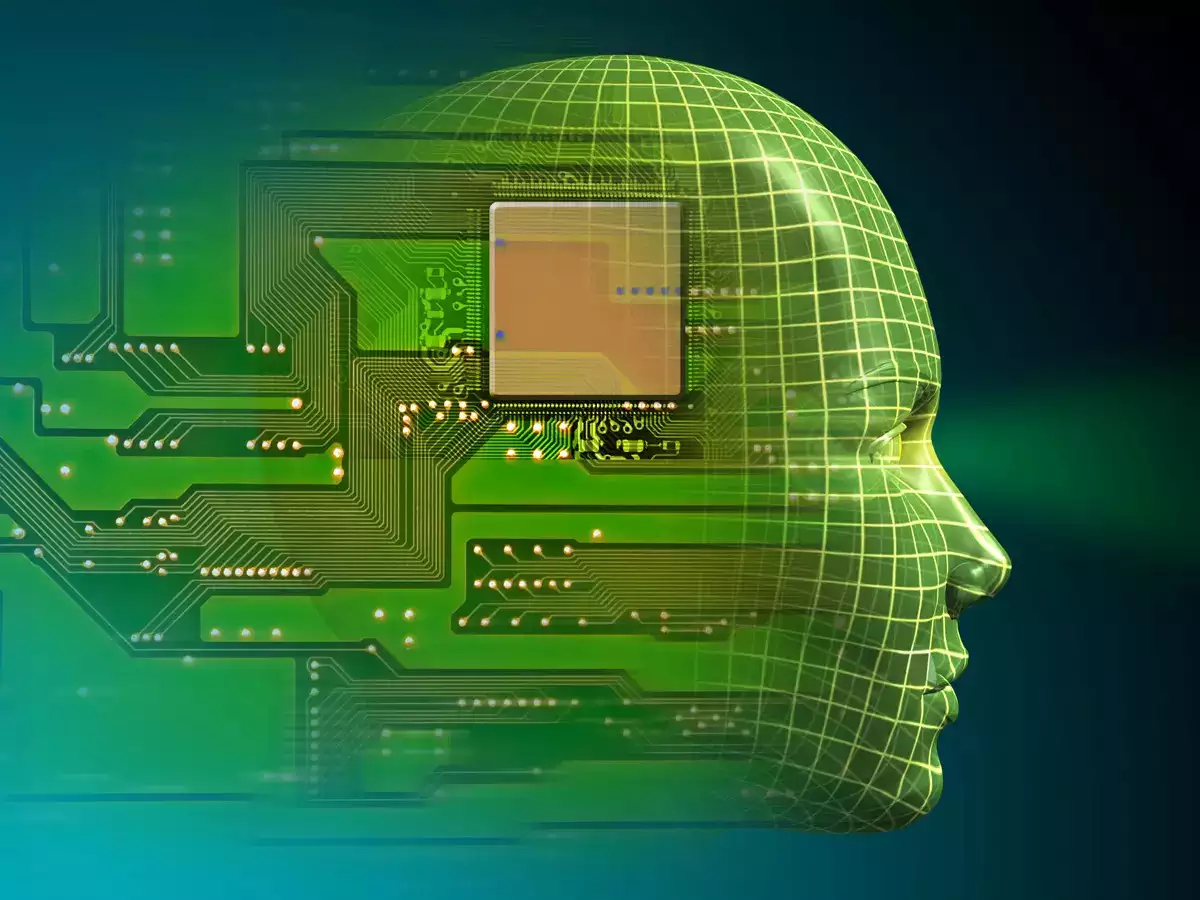How Artificial Intelligence has emerged as one of the most transformative technologies of our time, seamlessly integrating into our daily lives and revolutionizing the way we work, communicate, and interact with the world around us. From personalized recommendations to self-driving cars, AI has made life more efficient, convenient, and innovative. This article explores the ways AI is redefining everyday life, the industries it impacts, and the costs associated with its implementation.
What is Artificial Intelligence?

Understanding AI
AI refers to the simulation of human intelligence in machines, enabling them to perform tasks that typically require human cognition, such as problem-solving, learning, and decision-making. The key components of AI include:
- Machine Learning (ML): Systems improve performance through experience without explicit programming.
- Natural Language Processing (NLP): Enables machines to understand and generate human language.
- Computer Vision: Allows systems to interpret visual data.
- Robotics: Combines AI with physical systems to automate tasks.
AI in Everyday Life

1. Personalized Digital Experiences
AI powers the recommendations and customizations we experience across digital platforms.
Applications:
- Streaming Services: Platforms like Netflix and Spotify use AI to recommend movies, shows, and music based on user preferences.
- E-Commerce: Retailers like Amazon use AI to suggest products tailored to your shopping history.
- Social Media Algorithms: AI curates content to match your interests, optimizing engagement.
Estimated Costs:
- AI-driven recommendation systems: $10,000–$100,000 annually.
- Social media algorithm optimization: $50,000–$500,000 per platform.
2. AI-Powered Virtual Assistants
Virtual assistants like Siri, Alexa, and Google Assistant simplify tasks and enhance productivity.
Applications:
- Voice Commands: Performing tasks such as setting reminders, playing music, or controlling smart home devices.
- Smart Home Integration: AI manages lighting, security, and energy usage through connected devices.
- Customer Support: AI chatbots handle queries and provide instant assistance.
Estimated Costs:
- AI chatbot development: $20,000–$100,000 per implementation.
- Smart home assistant setup: $500–$5,000 per home.
3. Transforming Transportation
AI is reshaping how we travel, making transportation safer, more efficient, and more sustainable.
Applications:
- Autonomous Vehicles: Self-driving cars use AI to navigate roads and avoid collisions.
- Smart Traffic Systems: AI optimizes traffic signals to reduce congestion.
- Ride-Hailing Services: Apps like Uber and Lyft use AI for route optimization and dynamic pricing.
Estimated Costs:
- AI for autonomous vehicles: $5,000–$20,000 per car.
- Smart traffic management systems: $500,000–$5M per city.
4. Healthcare Innovations
AI is enhancing the quality of care by enabling early diagnoses, personalized treatments, and efficient operations.
Applications:
- Medical Imaging: AI detects anomalies in scans, such as X-rays and MRIs.
- Virtual Health Assistants: Assist patients with medication reminders and health tracking.
- Predictive Analytics: Identifies disease outbreaks and high-risk patients.
Estimated Costs:
- AI-powered diagnostic systems: $50,000–$150,000 per installation.
- Annual operational costs for AI in hospitals: $100,000–$1M.
5. Education and Learning
AI is transforming education by personalizing learning experiences and automating administrative tasks.
Applications:
- Adaptive Learning Platforms: Customizes content based on student performance.
- Automated Grading: Reduces workload for teachers by evaluating assignments.
- Virtual Tutors: Offers 24/7 support to students.
Estimated Costs:
- Adaptive learning platforms: $50,000–$500,000 per institution.
- Virtual tutor systems: $10,000–$50,000 annually.
AI in Emerging Fields
1. Smart Homes
AI is central to smart home ecosystems, automating everything from energy usage to security.
Applications:
- Home Automation: Controls lighting, heating, and appliances.
- Security Systems: AI analyzes security footage and detects unusual activity.
Estimated Costs:
- Smart home AI setup: $5,000–$20,000 per home.
- AI-driven security systems: $1,000–$5,000 per unit.
2. Finance
AI has streamlined financial processes, improved fraud detection, and enhanced customer experiences.
Applications:
- Fraud Detection: AI identifies suspicious transactions in real-time.
- Robo-Advisors: Provides investment advice based on algorithms.
- Customer Service: AI chatbots handle banking inquiries.
Estimated Costs:
- Fraud detection solutions: $50,000–$500,000 annually.
- Robo-advisor system setup: $100,000–$1M per platform.
Challenges of AI Implementation
1. High Initial Costs
The development and deployment of AI systems require significant investment in hardware, software, and expertise.
Costs:
- AI infrastructure setup: $50,000–$500,000, depending on scale.
- Custom AI development: $100,000–$1M per project.
2. Data Privacy Concerns
How Artificial Intelligence systems rely on vast amounts of data, raising questions about security and compliance with privacy laws.
Mitigation Costs:
- Implementing secure data systems: $50,000–$200,000 annually.
3. Ethical and Social Implications
AI can perpetuate biases or replace human jobs, requiring careful governance and ethical considerations.
Mitigation Strategies:
- AI ethics training: $10,000–$50,000 per organization.
- Ongoing monitoring systems: $5,000–$20,000 annually.
Economic Impact of AI
Industry-Wide Revenue Growth
| Sector | Estimated Annual Revenue Impact (USD) | Key Benefits |
|---|---|---|
| Healthcare | $150B+ by 2030 | Improved diagnostics, personalized care |
| Finance | $100B+ by 2030 | Reduced fraud, efficient operations |
| Transportation | $200B+ by 2030 | Safer roads, reduced congestion |
| Education | $50B+ by 2030 | Personalized learning, administrative ease |
| Smart Homes | $1T+ by 2030 | Energy efficiency, automation |
Redefining the Future: AI’s Role in Everyday Life
How AI is Shaping Tomorrow
How Artificial Intelligence has already become an indispensable part of everyday life, and its influence will only grow in the coming years. By enhancing convenience, efficiency, and safety, AI is helping individuals and organizations achieve more than ever before.
However, with great power comes great responsibility. As we embrace AI, we must address challenges like high costs, ethical concerns, and data privacy. By navigating these challenges thoughtfully, we can unlock AI’s full potential and build a future where technology empowers humanity at every turn.
